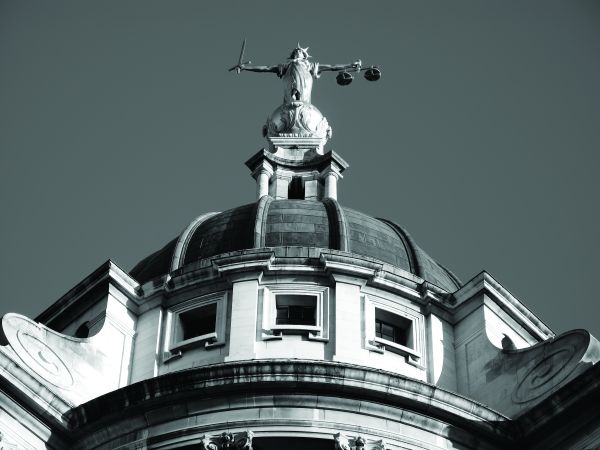
As of 6 April, every statement of truth must carry extra wording to the effect that the maker of the statement understands that they may be liable for contempt of court if their statement contains falsehoods. The changed format, introduced with the 113th update to Practice Direction Amendments, can be found in Practice Direct 22.
Thompson warns
that, as of 6 April, ‘the legal representative has an additional duty, which is
to warrant that the litigant understands the consequences of misleading the
court by an untruth.
‘For a proper
understanding the litigant should have committal proceedings explained and
should be advised as to the various kinds of punishment that await the
contemnor. What if the representative fails to give such advice?... Such a
dereliction of duty would expose the legal representative (but not the
litigant) to punishment for contempt under CPR 32.14. Practitioners beware!’
Read more of
Peter Thompson’s article, ‘The truth, the whole truth and nothing like the truth’ .










